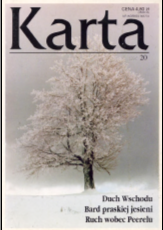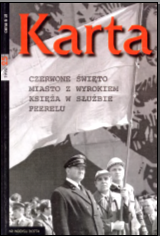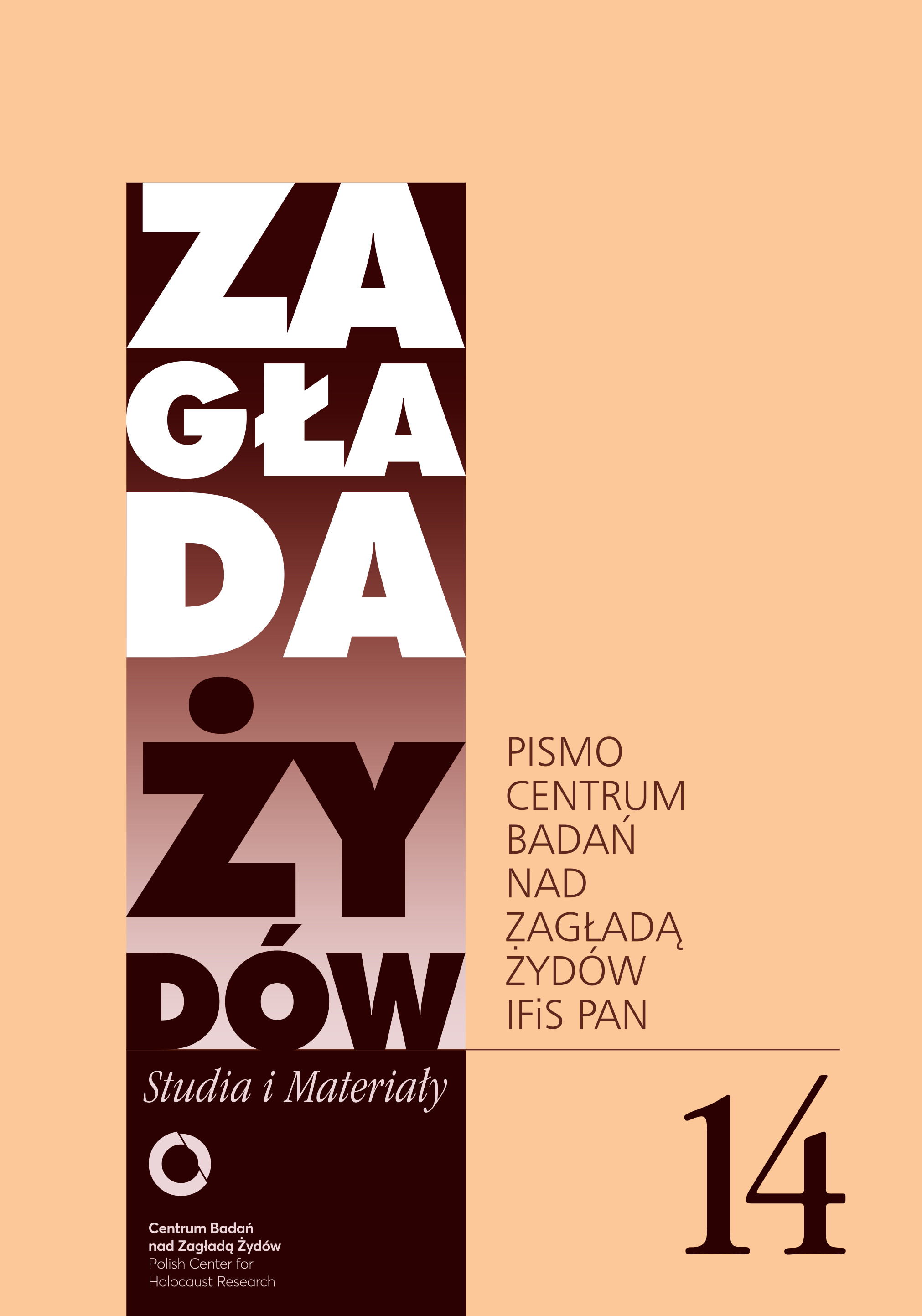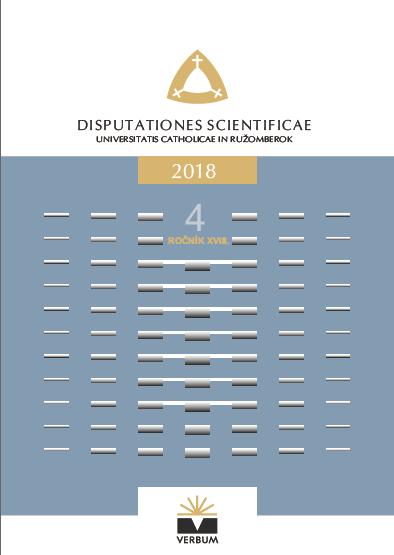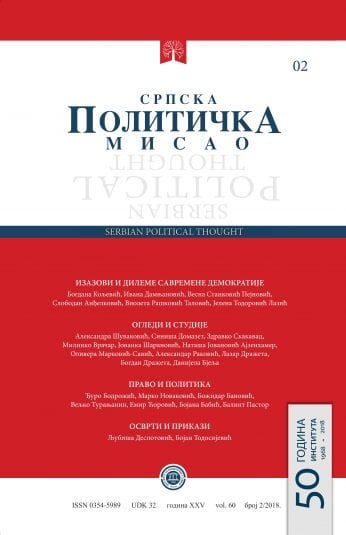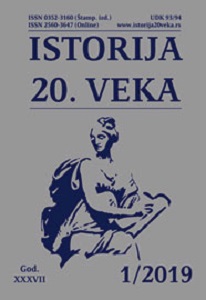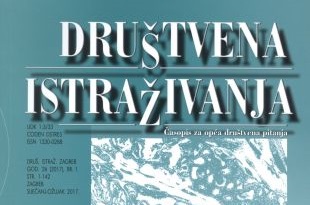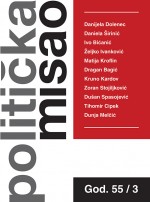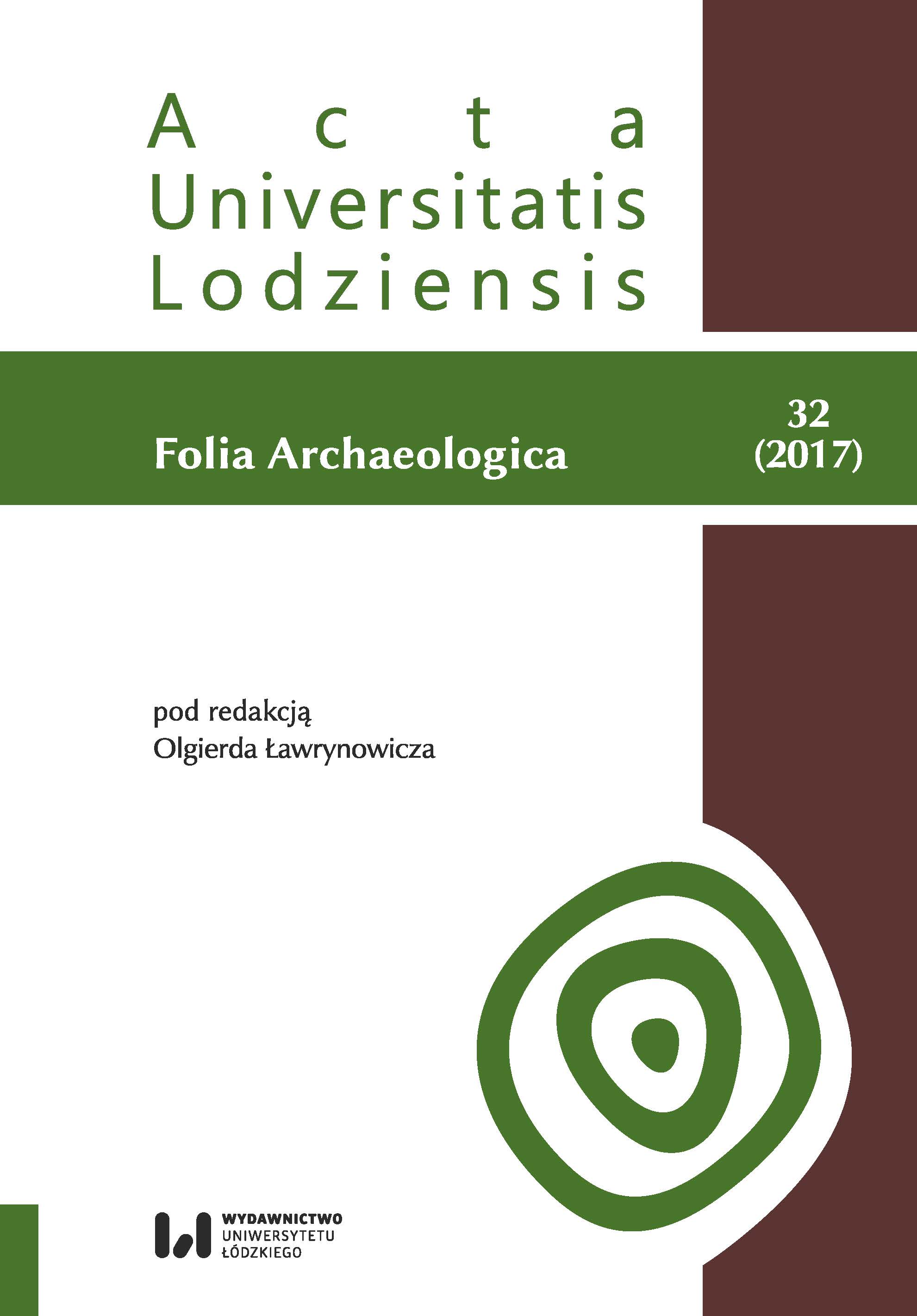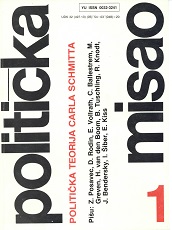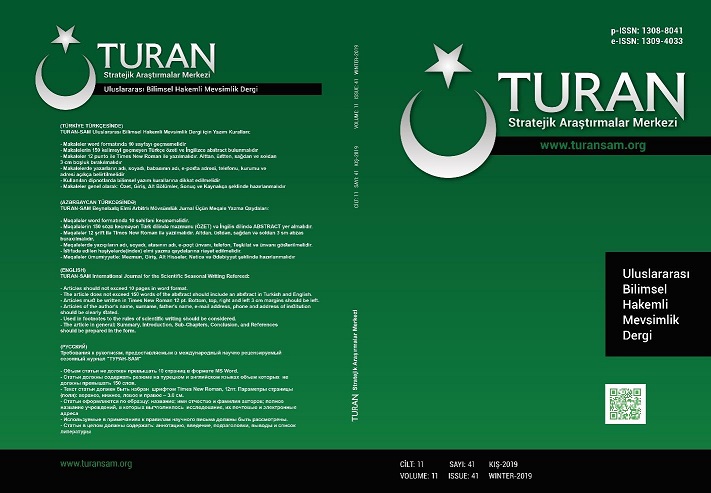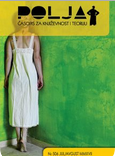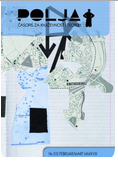Author(s): Dragan Cvetković / Language(s): Serbian
Issue: 1/2019
The paper is an attempt to show the role of the Jasenovac concentration camp in the destruction of peoples from different parts of the Independent State of Croatia (NDH) based on partially revised list „Victims of War 1941–1945” from 1964. On the basis of achieved results in the process of revision of the census list, a calculation of the total losses of the civilians of Yugoslavia, of those in the NDH and its regions, with particular focus on losses in the Jasenovac camp was made. The losses in Jasenovac were analyzed through the prism of the general losses of the civilian population of NDH during the war, in all its parts. They were all compared with the demographic structure of the population of the NDH and its regions.
Jasenovac camp system, was the largest concentration camp in the NDH, where a quarter of all killed civilians in this territory lost their lives (24.53%). The scope of the crimes committed in the Jasenovac camp clearly identify it as a destruction camp. The victims in Jasenovac were brought to the camp from all parts of the NDH. Most of the dead were originally from the two regions with which the camp was bordering, 30.60% from Slavonia and 25.13% from Bosanska Krajina, with 12.62% of losses originating from Eastern Bosnia. The victims from 4 regions had a greater share in losses in Jasenovac than their representation in the population of NDH, Banija 2.25 times, Bosnian Krajina 2.14 times, Slavonia 2.13 times and Srem 1.19 times, while Kordun had equal share. The victims of the other 7 NDH regions had much less participation in the losses in Jasenovac than their representation in the population, from 19.12 and 11.21 times lower in the part of Dalmatia and Lika, up to 2.27 and 1.23 times lower in Northwestern Croatia and Eastern Bosnia. Jasenovac was the site of the death of half of all killed Slavonia civilians (54.11%), two fifths from Srem (38.30%), one third of killed civilians from Banija (32.73%), a quarter from Northwestern Croatia (26.70% ) and Bosanska Krajina (23.27%), but also minimal parts of the killed civilians from Lika (1.28%), Dalmatia (3.49%) and Herzegovina (5.57%).
Jasenovac was the central place of death in the NDH, where 78.08% of all victims of the Roma lost their lives, 61.68% of the victims of the Jews, 23.24% of Serbian civilian victims, 11.81% of Croats, 3.50% of Muslims and 4.39% of members of other and unknown nationalities. In nine of the twelve NDH regions, Serbs accounted for the bulk of the loss of prisoners in the camp, everywhere with a predominant majority of 92.43% in the Bosnian Krajina and 91.85% in Banija, up to 54.87% in Srem, the Jews were majority in two regions (Eastern Bosnia 55,35% i Northwest Croatia 36,21%), and the Romas in one. Three-quarters of Serbs killed the Jasenovac (74.61%) come from three regions (36.88% from Bosanska Krajina, 27.20% from Slavonia, 10.53% from Banija). Of all Serb civilians victims from Slavonia, 55.54% lost their lives in Jasenovac, as well as 33.99% of Serb civilian victims from Northwestern Croatia, 33.70% from Banija, 28.34% from Srem, 23.50% from Bosanska Krajina, while the share of victims of Jasenovac in the other seven regions was far smaller or minimal (Lika 0.89%). Half of all Jews victims in Jasenovac were from Eastern Bosnia (47.65%), with 21.27% from Northwestern Croatia and 18.63% of Slavonia, while 12.45% were from the other nine regions. While in Eastern Bosnia almost all Jews lost their lives in Jasenovac (90.74%), from Jews from Slavonia and Northwestern Croatia, 54.69% and 35.89% of them were killed in that camp. Of the dead Roma in Jasenovac, 59.95% originated from Slavonia, where life was lost by four fifths of all the Romas victims from Slavonia, Srem and Northwestern Croatia. Of the Croats killed in Jasenovac, 45.92% were from northwestern Croatia, while 43.22% of the Muslims killed in the camp were from the Bosnian Krajina.
More...
